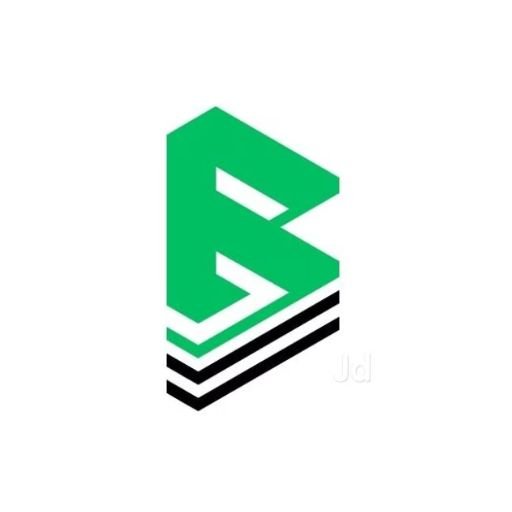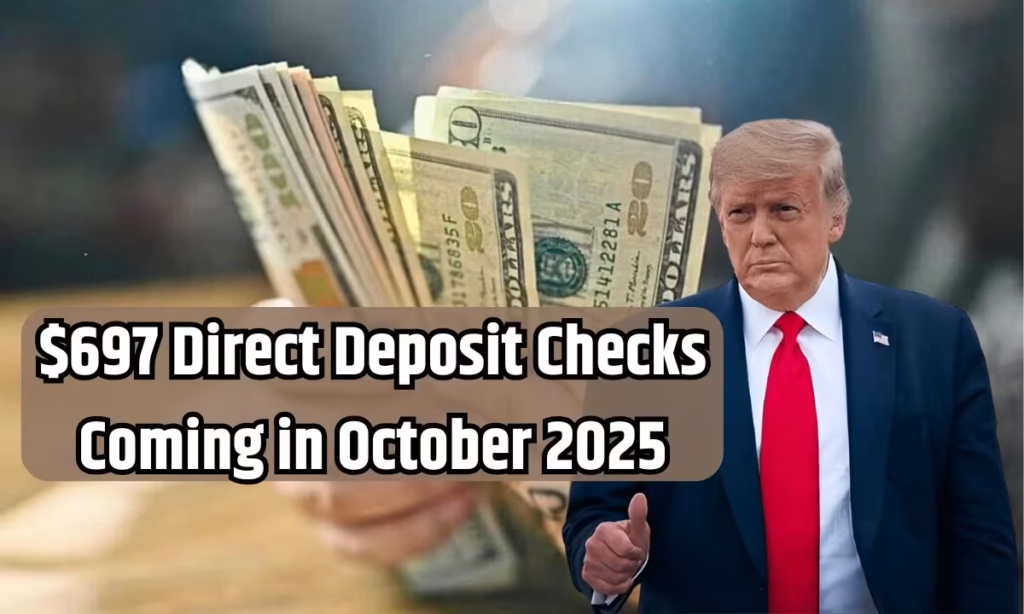$697 Direct Deposit Checks Coming in October 2025: The buzz around $697 direct deposit checks has taken social media by storm, causing many Americans to wonder if this financial relief is real and when payments might be distributed. People are eager to learn about the eligibility criteria, payment timelines, and how much they can expect to receive. This article provides a detailed, verified update on the current situation and highlights legitimate government financial aid programs available in 2025.
$697 Direct Deposit Checks Overview:
Viral posts recently claimed that the U.S. government will send $697 direct deposit checks to all Americans as part of a new relief initiative. However, official sources like the Internal Revenue Service (IRS) and the Social Security Administration (SSA) confirm there is no government program supporting these claims. This widespread information is confirmed to be misinformation, with no official approval or funding announced by the government.
$697 Direct Deposit Checks: Fake or Real
Despite the excitement, the $697 direct deposit checks rumor lacks any factual basis. Government agencies have not announced any direct deposit payments of this amount. The false information appears mainly on social media platforms and unverified websites, often misleading the public. Citizens should rely exclusively on official government portals for accurate information.
How to Verify $697 Direct Deposit Checks Government Payments
If claims about new direct deposits arise, follow these verification tips:
- Visit official websites like IRS.gov and SSA.gov for updates.
- Be cautious of viral posts without credible sources.
- Do not provide personal or banking information to unsolicited requests.
- Contact local government or authorized financial service providers for confirmation.
Top Confirmed Financial Support Programs in 2025
While the $697 payments are not real, several legitimate financial assistance programs offer significant support:
Supplemental Security Income (SSI)
Designed for low-income seniors (65+), the blind, and disabled individuals facing financial hardship, SSI provides monthly cash benefits to help with essential living expenses.
Social Security Benefits
Retired or disabled Americans who have earned sufficient work credits receive monthly benefits based on their Social Security record, available from age 62 or later.
Unemployment Insurance
For those who have lost jobs through no fault of their own, unemployment benefits offer short-term financial aid, varying by state regulations.
Earned Income Tax Credit (EITC)
The EITC program supports low- to moderate-income working families, adjusting payment amounts based on income and dependent status to reduce tax burdens.
State and Local Assistance Programs
Many states offer customized support programs addressing needs such as groceries, rent, and utilities, which differ regionally and require local application.
Avoiding Scams and Misinformation
The spread of the $697 direct deposit rumor has overshadowed legitimate assistance programs, making vigilance critical. Actions to stay safe include:
- Only trust updates from government websites like the IRS and SSA.
- Ignore unsolicited messages demanding personal financial data or promising quick payments.
- Report suspicious claims to the Federal Trade Commission (FTC) to protect others.
Conclusion: $697 Direct Deposit Checks 2025
As of October 2025, official statements from the IRS and Social Security Administration deny the existence of any plans to issue $697 direct deposit checks. These rumors largely originate from unlicensed social media posts, lacking federal authorization. Citizens should monitor only trusted sources for stimulus or relief payment announcements.
FAQs About $697 Direct Deposit Checks 2025
Q1. Are $697 direct deposit checks real?
No, these are unverified and false claims. No official government program exists for this payment.
Q2. Where to find accurate information on government payments?
Always check official portals like IRS.gov and SSA.gov for legitimate financial aid news.
Q3. What financial programs can I apply for now?
Programs like Social Security, Supplemental Security Income, Unemployment Insurance, and the Earned Income Tax Credit are currently available to help qualified individuals.
Q4. How to protect myself from scam offers?
Never share personal or bank details with unknown contacts and verify information directly from government sources.
Q5. Can local state programs help with financial needs?
Yes, many states offer assistance with housing, utilities, and food, with different eligibility criteria depending on the region.

